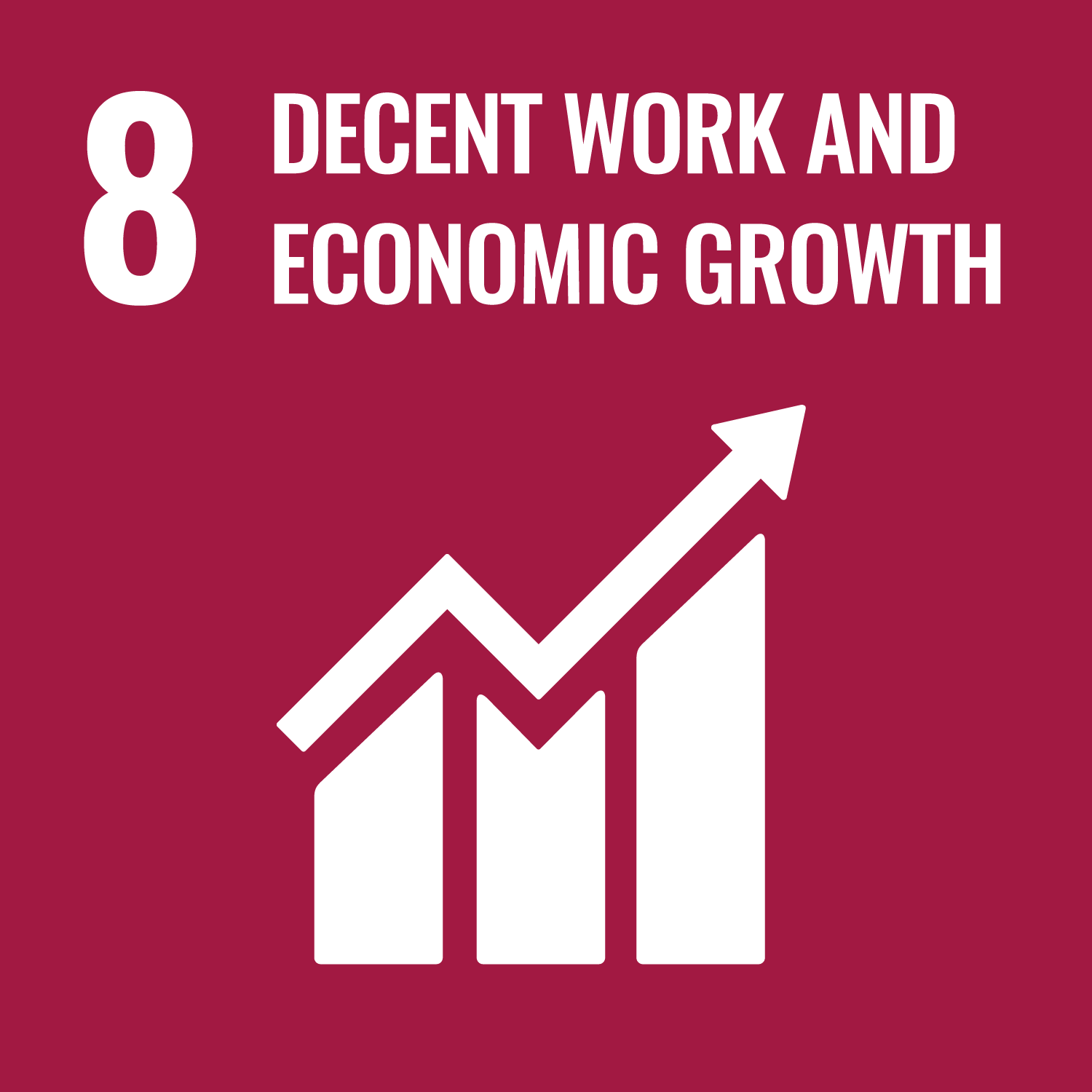ORCID
- James Benhin: 0000-0002-3305-1168
Abstract
This paper provides an extensive review of the rapidly growing literature on the resource curse phenomenon, whereby natural resources-rich countries experience lower levels of economic growth and development than countries with fewer natural resources. The various theoretical explanations for the phenomenon, alongside a survey of the empirical literature, are critically discussed. Generally, the literature results are found to be mixed and no consensus is reached. This might be attributed to different time periods, data used, proxy for the natural resource variables selected and the estimation approach employed. The practical part of this paper applies a descriptive analysis to compare economic performance among sub-regional groupings of oil-rich developed and developing countries. Our results indicated that oil-rich developing countries have underperformed in several development outcomes particularly in Middle East and North African (MENA) and Sub-Sahara African (SSA) countries. The paper also provides some suggested policies to convert the resources curse into a blessing, in particular for these countries.
DOI Link
Publication Date
2023-01-01
Publication Title
Resources Policy
Volume
84
ISSN
0301-4207
Acceptance Date
2023-05-19
Deposit Date
2023-10-16
Embargo Period
2023-10-17
Recommended Citation
Alssadek, M., & Benhin, J. (2023) 'Natural resource curse: A literature survey and comparative assessment of regional groupings of oil-rich countries', Resources Policy, 84. Available at: 10.1016/j.resourpol.2023.103741


